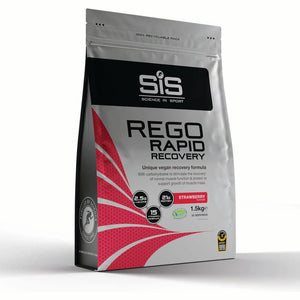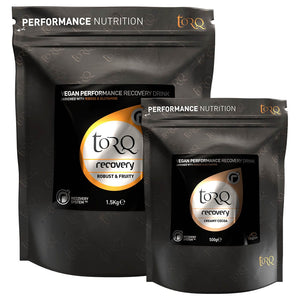
Product Insights
Discover more about the products in this article

Tailwind Endurance Fuel
Featured Products
Dribbling to Success: A Guide to Basketball-Specific Nutrition
In the fast-paced world of basketball, proper nutrition is a game-changer. By adopting a well-balanced diet that caters to the specific demands of the sport, basketball players can improve their endurance, strength, and overall performance. Remember, what you put into your body directly impacts what you can achieve on the court. This guide will outline the key components of a basketball-specific nutrition plan that can help players perform at their best.
The timing of when you eat is just as important as what you eat. A balanced meal 2-3 hours before a game or practice, supplemented with an energy bar or energy drink during breaks, helps maintain glycogen levels and allow you to perform at your best until the final buzzer. After the game, focus on replenishing glycogen stores and promoting muscle recovery with a meal rich in carbohydrates and protein.
It is also very important that you trial anything you plan to do on matchdays – This allows you to have confidence that what you are consuming will boost your performance and your body will also be used to the products, so you are less likely to experience digestive discomfort.
Hydration is Key:
Staying hydrated is crucial for basketball players. The intense physical activity and high volumes of sweating during games can lead to rapid fluid loss. This dehydration can result in reduced performance and an increased risk of injuries. Ideally, you should aim to drink at least 2.5 litres of water per day, increasing your intake on game days. It would also be suitable to consider sports hydration products for electrolyte replenishment during prolonged games or practices.
Carbohydrates for Quick Energy:
Carbohydrates are the primary source of energy for basketball players and are stored in the muscles and liver as glycogen. Complex carbohydrates like whole grains, fruits, and vegetables provide a steady supply of energy, allowing you to make quick movements and maintain endurance throughout the game. You can also use energy drinks and energy gels to increase the amount of carbohydrates you consume in the build-up to a match.
Healthy Fats for Sustained Energy:
Healthy fats can also be useful in providing sustained energy and supporting overall health. Great sources include avocados, nuts, seeds, and olive oil, all of which help maintain energy levels during the high-paced nature of basketball games.
Protein for Muscle Recovery:
Basketball combines elements of endurance and strength. It is essential to consume high quantities of protein following matches and training to aid muscle repair and promote growth. Protein can be found in meats such as chicken and beef, as well as legumes, soy products, nuts and seeds. If your diet does not currently contain enough protein, you can use nutrition supplement products such as recovery drinks and recovery bars.
Fuelling Tips:
Here is a sample in-game fuelling plan for a basketball player using sports nutrition products:
- Before the game: Consume an energy gel or sports drink 30-60 minutes before the game to boost energy levels and maintain blood sugar levels. PRODUCT SPOTLIGHT: Tailwind Nutrition Fuel (50g Carbohydrates per serving).
-
At halftime: Consume an energy gel or sports drink at halftime to replenish energy stores and electrolytes.
PRODUCT SPOTLIGHT: Science In Sport Beta Fuel Gel (40g Carbohydrates per serving). - During the game: Consume an energy gel or sports drink every 20-30 minutes during the game to replenish energy stores and electrolytes.
-
After the game: Consume a recovery drink within 30 minutes of finishing the game to help the body recover.
PRODUCT SPOTLIGHT:
- Science In Sport REGO Rapid Recovery (20g Protein per serving).
- TORQ Recovery Vegan Drink (24g Protein per serving).




